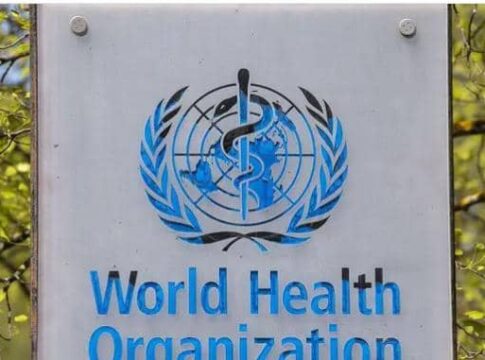A devastating Marburg virus disease outbreak has struck Rwanda, claiming multiple lives and infecting over 20 people. The country’s health authorities are racing against time to contain the spread, with the World Health Organization (WHO) providing critical support.
The Marburg virus, a cousin of the Ebola virus, is notorious for its hemorrhagic fever and alarming fatality rate of up to 88%. Transmission occurs through direct contact with infected bodily fluids, sparking concerns about contagion.
Rwanda’s health officials are working around the clock to identify and isolate affected individuals, monitor contacts, and unravel the mystery behind the outbreak. WHO Regional Director for Africa, Dr. Matshidiso Moeti, emphasized the organization’s commitment to supporting Rwanda’s response efforts.
READ MORE: Osun Lecturer Reaches 100-Hour Mark In 150-Hour Marathon Lecture
“WHO is collaborating closely with national authorities to enhance the ongoing response, leveraging Rwanda’s robust public health emergency response system,” Dr. Moeti stated. “Our priority is to reinforce outbreak control measures and prevent cross-border transmission.”
To bolster Rwanda’s efforts, WHO is dispatching essential medical supplies from Kenya to Kigali in the coming days. Simultaneously, cross-border surveillance is being intensified to prevent the virus from spreading to neighboring countries.
The Marburg virus outbreak has sounded the alarm, highlighting the need for vigilance and cooperation in combating public health crises. Rwanda’s swift response, coupled with WHO’s expertise, offers hope for containing this deadly outbreak.
As the situation unfolds, the international community remains vigilant, recognizing the gravity of Marburg’s potential impact. Will Rwanda’s efforts, backed by WHO, succeed in halting the spread of this lethal virus?




